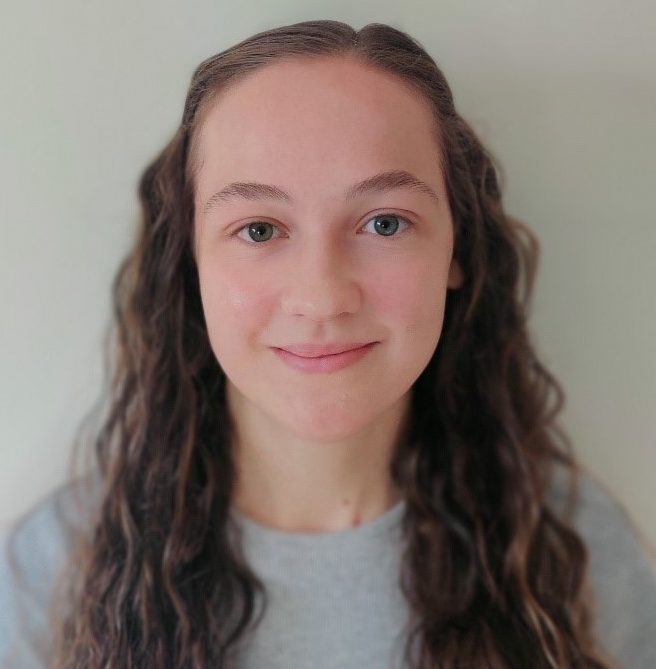



Sarah Dickson
Background: I graduated from the University of Leeds with an Integrated Masters in Zoology. My final project focused on monitoring Harbour Porpoise populations using photographic data, including estimating population sizes and estimating the prevalence of skin diseases. Alongside my degree, I undertook multiple summer internships with marine conservation organisations including the Yorkshire Wildlife Trust, RSPB and Sea Trust. During these placements, I gained skills in photo identification of marine mammals and birds, bioacoustics of cetaceans, and working within communities affected by offshore wind energy infrastructure.
Research Interests: My research interests include the development and implementation of novel techniques to monitor marine mammal populations, as well as exploring anthropogenic impacts on the marine environment. More specifically, I am interested in developing my skills in bioacoustics at offshore wind farms.
Why you applied for the Aura CDT: I applied to the Aura CDT because the multidisciplinary nature of the programme appealed to me. The taught first year working alongside other students with a range of undergraduate backgrounds seems invaluable in forming a network of colleagues and gaining an insight into the multiple subject fields involved in the offshore wind industry. I also look forward to working in an industry that is at the forefront of sustainable development.
Sound is used by marine mammals to navigate, forage and communicate. Offshore renewable energy installations are contributing to the increase in anthropogenic generated noise. Therefore, these installations may impact upon marine mammal distributions, foraging and reproductive success.
Passive Acoustic Monitoring (PAM) can be used to detect the presence of vocalising marine mammals. NanoPAM is a novel low-cost PAM system designed at Newcastle University, which allows near real time spatial and temporal tracking of dolphins and porpoises. It also reduces the need for visual offshore surveys, reducing the overall costs of environmental surveys at offshore developments.
My project aims to assess the occurrence and behaviour of porpoises and dolphins at offshore development sites using the NanoPAM system.
Find out more about this research
Contact: s.dickson2@newcastle.ac.uk
Twitter: @sarah7dickson

For an informal discussion, call +44 (0) 1482 463331
or contact auracdt@hull.ac.uk